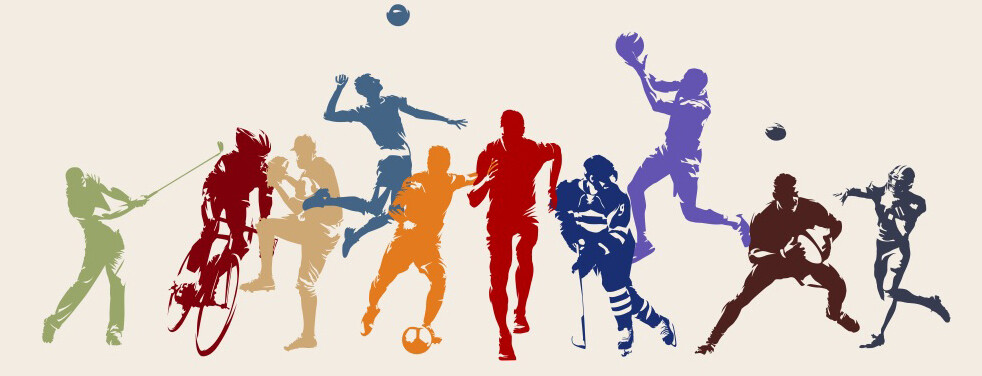When thinking of sports activism in the 21st century, one of the first names to come to mind, or the first name generated by google, is Colin Kaepernick.
Following in the footsteps of several famous predecessors from the 1960s, including Muhammad Ali, Jim Brown, Tommie Smith and John Carlos, Kaepernick took a stand against a prevalent social issue, leading by example for numerous other athletes of his generation.
During the national anthem before the NFL games in San Francisco in 2016, Colin Kaepernick made the controversial decision to kneel to protest racial injustice. His football career paid the price for his decision, and he was cast out of the league the following year.

In a study on the political behavior among Black Americans, Kaepernick was described as a “powerful mobilizing force”, as he encouraged around one-third of Black people polled to donate to a political cause, attend a protest or boycott the NFL.
His actions created a ripple effect of activism and protest that went beyond the Black community. Despite the backlash at the expense of his personal career, Kaepernick’s actions are widely debated and discussed. Four years later in 2020, with uproar of the Black Lives Matter Movement Kaepernick was recognized as a leader for protests highlighting racial injustices.
I was interested in reading about his story as it became an iconic instance that prompted many athletes to publicly speak out about issues they felt strongly towards and is the perfect example to highlight the influence sports can have on social movements across the globe.


Leave a Reply